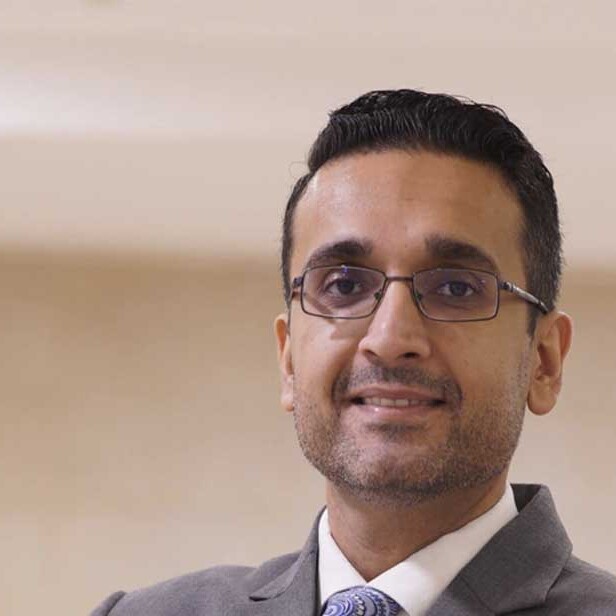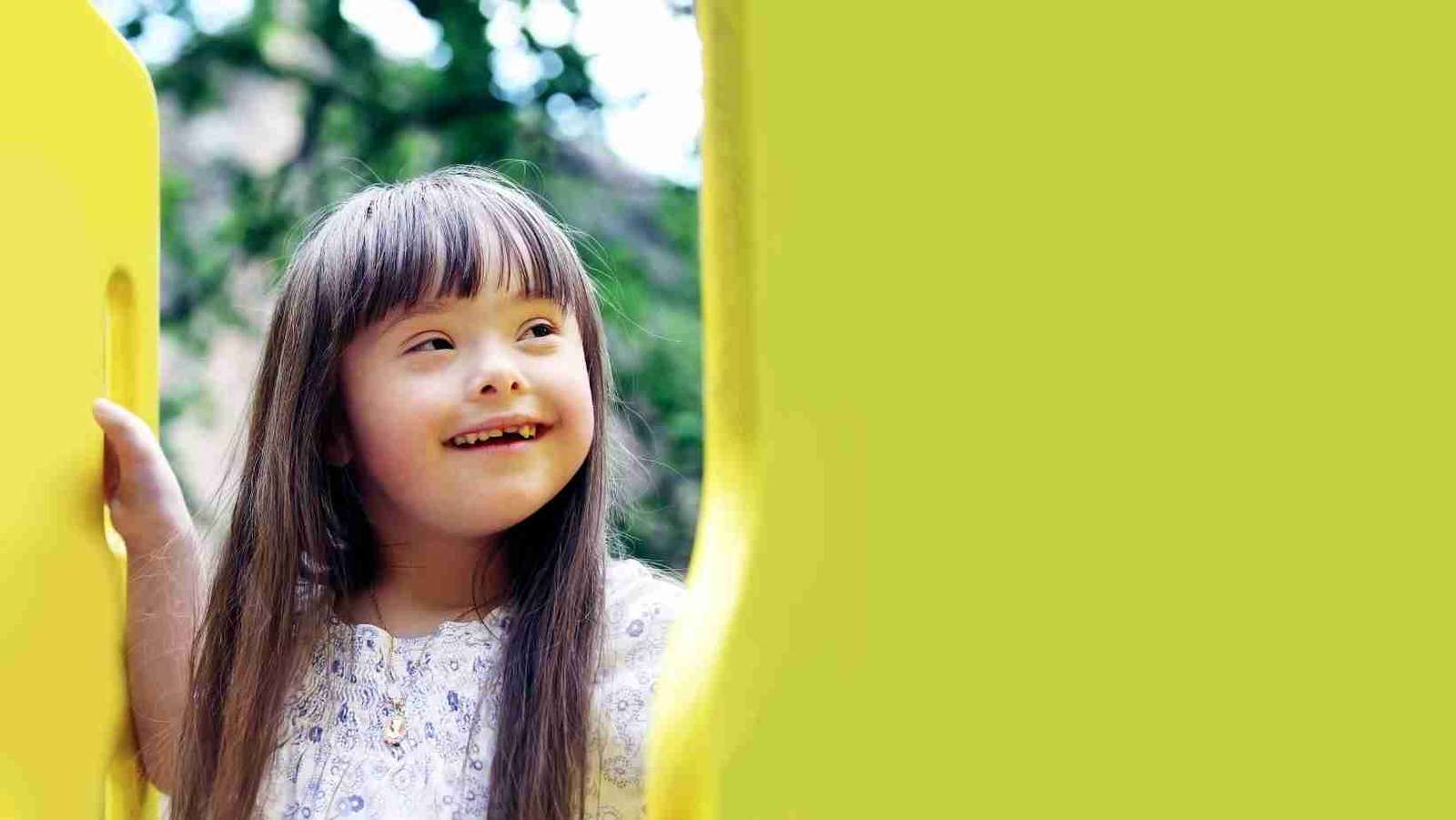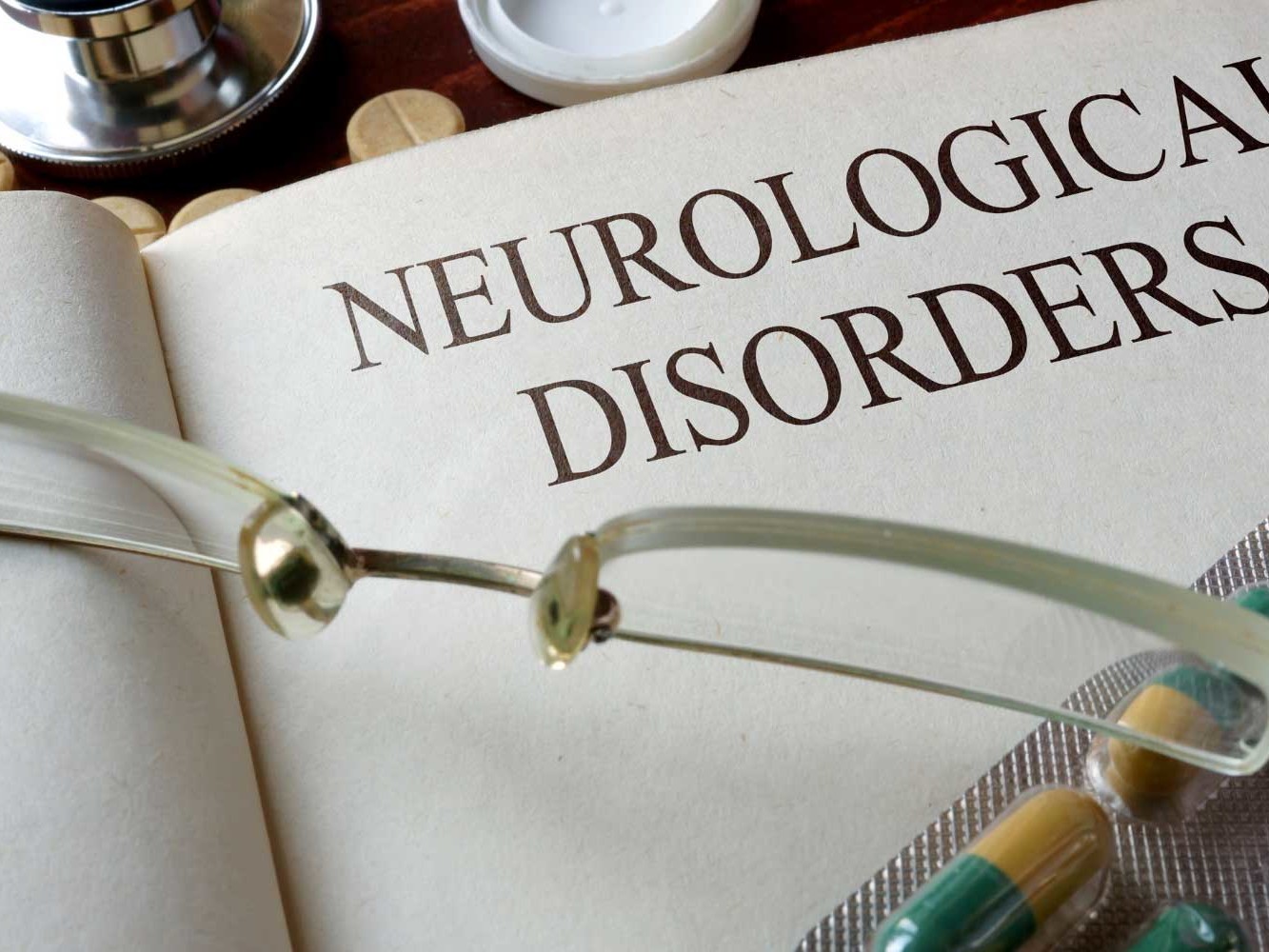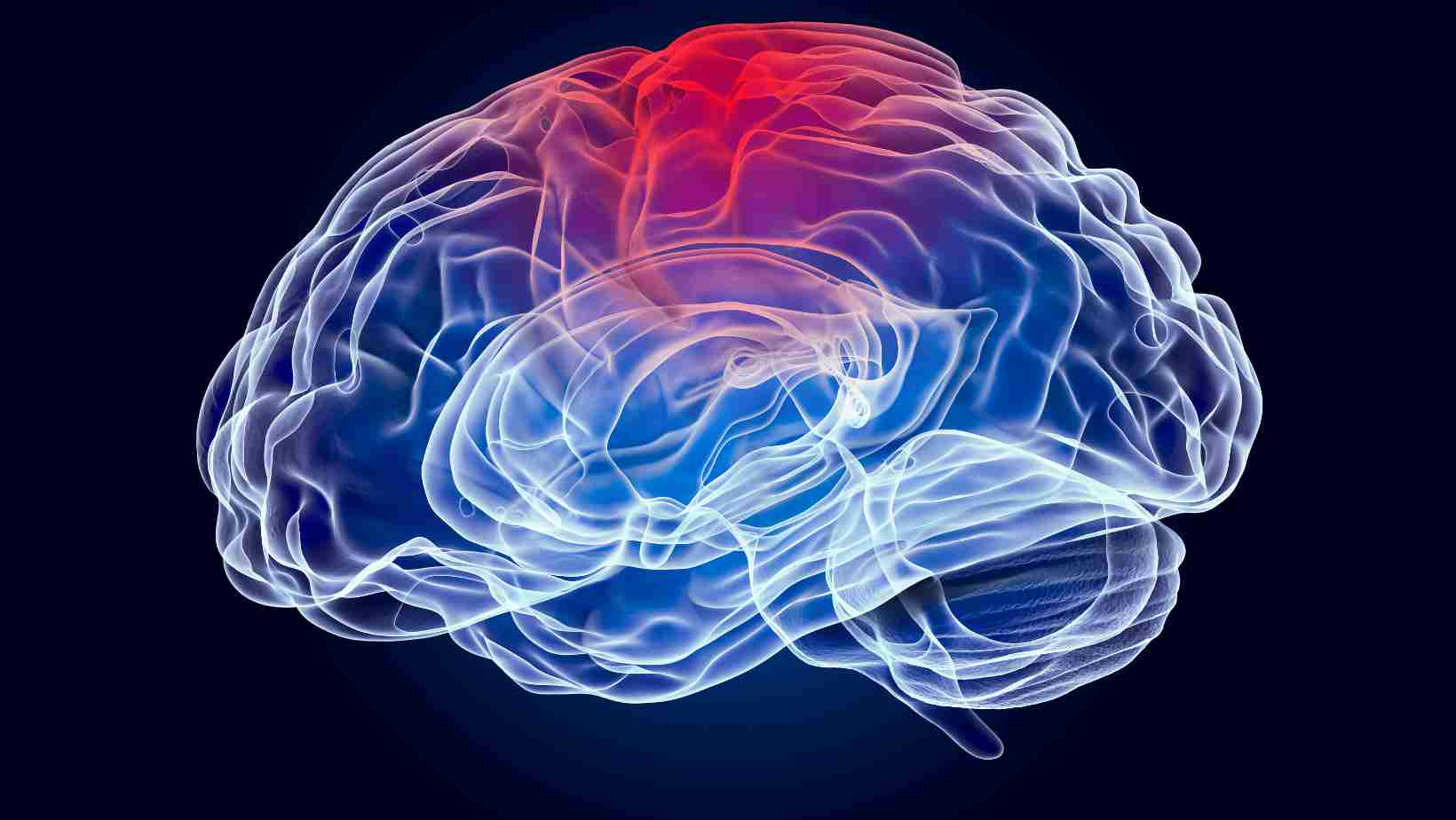
Dr Chandril Chugh (DM Neuro)
Ex HOD MAX SAKET DELHI, American Trained Neurologist
MBBS ( Delhi), MD, DM(ABPN), Neurosonology, FAHA, FACP, FINR, FNCC (USA)
Pediatric Neurologist In Patna
Specialized Care for Neurological Conditions

Epilepsy
Epilepsy is a neurological disorder characterized by recurrent seizures. It can affect children of all ages and is often managed by pediatric neurologists.

Attention-Deficit/Hyperactivity Disorder (ADHD)
ADHD is a neurodevelopmental disorder characterized by persistent patterns of inattention, hyperactivity, and impulsivity that can significantly impact a child’s daily functioning.

Tourette Syndrome
Tourette syndrome is a neurological disorder characterized by involuntary movements and vocalizations called tics. These tics can vary in severity and may change over time.
Specialized Care for Pediatric Neurological Conditions
As a pediatric neurologist in Patna, Dr. Chandril Chugh, is dedicated to providing specialized care for pediatric neurological conditions in Patna. Dr Chandril Chugh understands the challenges children and their families face when dealing with neurological disorders. He is committed to offering comprehensive and compassionate care throughout their journey. His expertise in the field allows him to diagnose and treat a wide range of conditions, including epilepsy, developmental delays, neuromuscular disorders, and more. Dr. Chugh is an American board certified Neurologist with training in pediatric neurology as well. He completed his neurology training from Loyola University in Chicago, USA.

Dr Chandril Chugh believes in a personalized approach to care, recognizing that each child is unique and requires an individualized treatment plan. When you enter the clinic, you can expect a warm and supportive environment where your child needs it. We take the time to listen to your concerns, thoroughly evaluate your child’s condition, and discuss all available treatment options with you.
Our goal is not only to provide effective medical interventions but also to be a source of support and guidance for your family. We understand that dealing with a pediatric neurological condition can be overwhelming, and we’re here to walk alongside you every step of the way. Whether managing symptoms, coordinating therapies, or providing long-term care, We are dedicated to helping your child thrive and achieve their fullest potential.
With Our expertise, dedication, and genuine care for the well-being of each child, Dr Chandril Chugh was honored to be the best pediatric neurologist in Patna. privilege to serve the community and positively impact the lives of children and their families. If you seek specialized care for your child’s neurological condition, We invite you to schedule a consultation with Pediatric Neurologist in Patna. Together, we can ensure your child receives the exceptional care they deserve.
Expert Pediatric Neurologist in Patna: Dr Chandril Chugh
As a Pediatric Neurologist in Patna, Dr. Chandril Chugh is highly skilled and experienced services to children needing specialized neurological care, with a deep passion for helping young patients and providing the highest level of care and support. Our extensive training and expertise in pediatric neurology enable Us to understand the unique challenges and complexities of neurological conditions in children. We believe in taking a multidisciplinary approach to treatment and collaborating closely with other healthcare professionals to develop comprehensive and tailored treatment plans. Our goal is to deliver personalized care that addresses not only the physical aspects of the condition but also the emotional and developmental needs of each child. we are committed to positively impacting the lives of our patients and their families, offering them compassionate and dedicated care throughout their journey.


Treatment Options
We offers a comprehensive range of treatment options to address pediatric neurological conditions. Our goal is to provide personalized care that caters to the unique needs of each child. We employ various approaches, including medication management, which involves carefully selecting and administering medications to help alleviate symptoms and manage the underlying condition. Additionally, we incorporate behavioral and cognitive therapies, which focus on modifying behaviors, improving cognitive function, and enhancing overall well-being. Rehabilitation services are also available to support children in regaining physical and cognitive abilities through targeted therapies. Surgical interventions may be necessary in certain cases, and our team is skilled in performing these procedures with utmost precision and care. We understand the importance of ongoing care and follow-up, so we emphasize regular check-ups and monitoring to ensure the effectiveness of treatment and make any necessary adjustments along the way
FAQ's
Fever: High body temperature, commonly associated with infections, can trigger seizures in some children.
Lack of sleep: Sleep deprivation or irregular sleep patterns can increase the risk of seizures.
Stress: Emotional or physical stress can be a trigger for seizures in susceptible individuals.
Flashes of light: Some children with photosensitive epilepsy may experience seizures in response to flickering lights or rapid visual stimuli.
Certain medications: Some medications, such as certain antibiotics or antihistamines, may lower the seizure threshold in susceptible children.
Missed or incorrect medication doses: In children with epilepsy, not taking medication as prescribed or dosing errors can increase the risk of seizures.
Skipping meals: Low blood sugar levels resulting from skipping meals can be a trigger for seizures in some children.
Alcohol or drug use: Substance abuse, including alcohol or illicit drugs, can increase the likelihood of seizures in children.
Ages 2-7 are crucial for brain development because this period is characterized by rapid growth and critical neural connections. During these years, the brain undergoes significant changes and forms the foundation for future cognitive, social, and emotional development. It is a time when essential skills such as language, memory, problem-solving, and emotional regulation are established. The brain’s plasticity and ability to adapt to experiences are particularly high during this period, making it an optimal time for learning and shaping lifelong neural pathways.
Stress can have significant effects on a child’s brain development. When a child experiences chronic or severe stress, it can disrupt normal brain functions and have long-lasting impacts. Here are some ways stress affects a child’s brain
Amygdala activation: The amygdala, a part of the brain involved in processing emotions, becomes highly active during stress. This can lead to an increased sensitivity to perceived threats, resulting in a heightened stress response.
Cortisol release: Stress triggers the release of cortisol, a stress hormone. Elevated cortisol levels over an extended period can negatively affect brain structures, impairing memory, and impacting emotional regulation.
Hippocampus damage: Prolonged exposure to stress can damage the hippocampus, a brain region critical for memory and learning. This can lead to difficulties in memory formation and retrieval.
Impaired prefrontal cortex function: The prefrontal cortex, responsible for executive functions such as decision-making, impulse control, and problem-solving, can be negatively impacted by chronic stress. This can result in difficulties with self-regulation and behavioral control.
Altered neural connectivity: Chronic stress can disrupt the formation of neural connections, affecting the brain’s overall architecture. This can impact various cognitive functions, including attention, reasoning, and language.
Emotional and behavioral consequences: Children experiencing chronic stress may be more prone to anxiety, depression, aggression, and difficulties in social interactions. These emotional and behavioral consequences can further affect their overall well-being and academic performance.
Pediatricians and child neurologists are both medical professionals who specialize in the care of children, but they have distinct areas of expertise. Here are the primary differences between being a pediatrician and a child neurologist:
General child healthcare: Pediatricians provide comprehensive medical care to children from birth through adolescence. They focus on overall child health, growth, development, and preventive care.
Wide range of conditions: Pediatricians diagnose and treat various common childhood illnesses, infections, injuries, and chronic conditions such as asthma, allergies, and diabetes.
Developmental and behavioral assessments: Pediatricians assess and monitor a child’s developmental milestones, behavior, and mental health.
Primary care providers: Pediatricians often serve as the primary point of contact for families, managing routine check-ups, vaccinations, and providing general medical advice.
Specialized focus: Child neurologists specialize in the diagnosis and treatment of neurological conditions and disorders affecting the nervous system in children. They have in-depth knowledge of pediatric neurology and its specific challenges.
Neurological disorders: Child neurologists diagnose and treat conditions such as epilepsy, neurodevelopmental disorders (like autism and ADHD), cerebral palsy, genetic disorders affecting the nervous system, migraines, neuromuscular disorders, and brain tumors in children.
Electroencephalography (EEG) and neuroimaging: Child neurologists are skilled in interpreting EEGs and neuroimaging (such as MRI or CT scans) to aid in the diagnosis and monitoring of neurological conditions.
Collaboration with other specialists: Child neurologists often work closely with other medical specialists, including pediatricians, neurosurgeons, physical therapists, occupational therapists, and speech-language pathologists, to provide comprehensive care for their patients.







